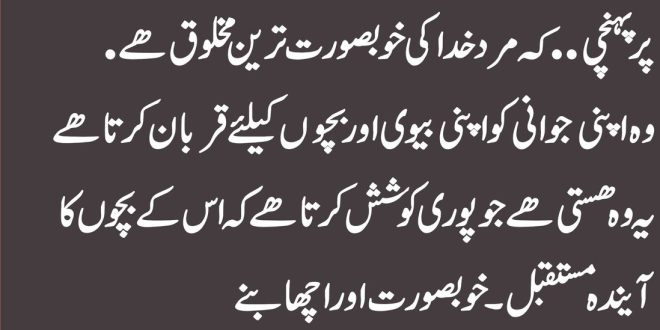Sociology, as a discipline, offers valuable insights into the intricate web of human relationships, with marriage and family being focal points of study. In this exploration, we delve into the fundamental concepts, theories, and dynamics that shape the institution of marriage and the complexities of familial bonds.
Understanding the Sociological Perspective
Defining Sociology in Context
Sociology is the scientific study of society, encompassing various aspects such as social institutions, structures, and interactions. When applied to marriage and family, it provides a lens through which we can analyze patterns, norms, and changes in these vital social units.
The Significance of Marriage and Family in Society
Marriage and family are regarded as the building blocks of society. Their structures and functions contribute to the overall stability and functionality of communities. This section explores the essential roles they play in societal cohesion.
Marriage: A Sociological Exploration
Evolution of Marriage Institutions

The concept of marriage has evolved over centuries, influenced by cultural, religious, and legal factors. From arranged marriages to contemporary notions of love matches, understanding this evolution helps unravel societal norms.
Marriage as a Social Institution
Examining marriage through a sociological lens reveals its role as a social institution. This involves understanding how marriage contributes to the stabilization of society, the regulation of sexual behavior, and the socialization of future generations.
Changing Dynamics: Modern Approaches to Marriage
Explore contemporary perspectives on marriage, including the rise of non-traditional forms such as same-sex marriages and polyamorous relationships. Societal shifts and changing attitudes toward marriage contribute to a diverse landscape.
Family: A Societal Unit
Defining Family Structures
Family structures vary across cultures and societies. From nuclear families to extended families, sociology investigates how these structures impact individuals and society at large.
Functions of the Family Unit
Delve into the sociological functions of the family, including socialization, economic support, and emotional care. Understanding these functions sheds light on the broader impact of family on societal well-being.
Challenges to Traditional Family Structures
Analyze factors contributing to changes in traditional family structures, such as urbanization, globalization, and economic shifts. This section explores how these challenges reshape societal perceptions of family.
Sociological Theories on Marriage and Family
Structural-Functionalism
Explore the structural-functional perspective, which views society as a system of interconnected parts. In the context of marriage and family, this theory examines how these institutions contribute to the stability of society.
Conflict Theory
Contrastingly, conflict theory posits that society is marked by inherent conflicts between different groups. Apply this perspective to understand power dynamics, inequality, and struggles within the realms of marriage and family.
Symbolic Interactionism
This micro-level theory focuses on the individual’s role in shaping social interactions. Analyze how symbolic interactionism provides insights into the everyday dynamics of marriages and family relationships.
Contemporary Issues in Marriage and Family
Gender Roles and Equality
Examine the evolving landscape of gender roles within marriages and families. Societal expectations and changing dynamics contribute to shifts in traditional gender roles.
Divorce and its Societal Implications
Explore the sociological implications of divorce, including its impact on individuals, families, and the broader community. Consider how changing attitudes toward divorce reflect larger societal trends.
The Impact of Technology
Investigate the role of technology in shaping modern relationships. From online dating to the influence of social media on family dynamics, technology’s impact is a key sociological consideration.
Conclusion
In conclusion, the sociological exploration of marriage and family unveils the intricate connections between these social institutions and broader societal structures. By understanding the sociological theories, dynamics, and contemporary issues surrounding marriage and family, individuals gain insights that contribute to a more nuanced comprehension of human relationships.

